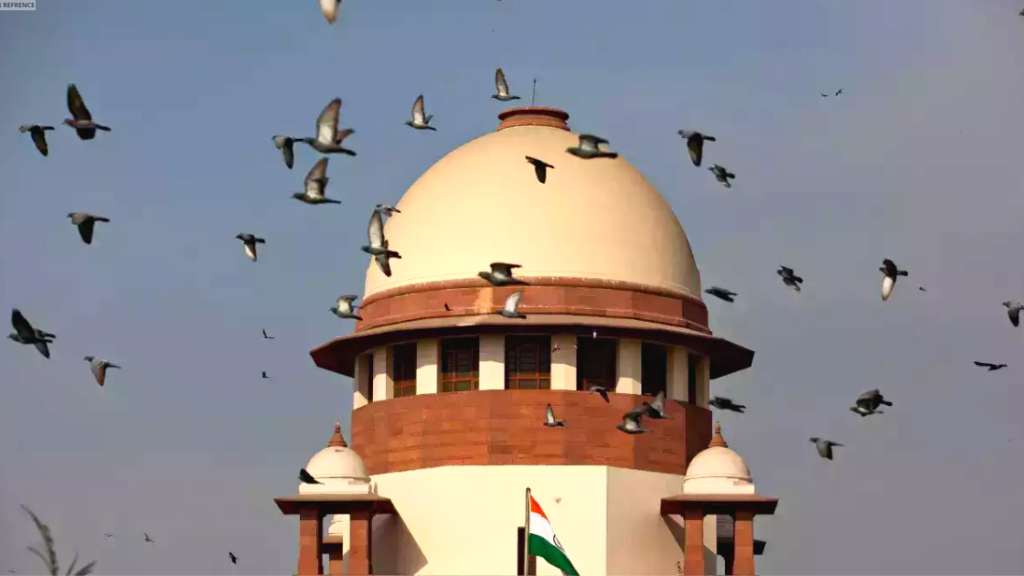
Deciphering Medical Negligence: A Deep Dive into the Kalyani Rajan Case
Last Updated on October 25, 2023 by News Desk
Introduction:
In a recent verdict, the Supreme Court scrutinized a case of medical negligence, delving into the intricacies of the Res Ipsa Loquitur doctrine. This Latin term, often translated as “the thing speaks for itself,” holds significance in the legal realm, especially when it comes to claims based on negligence. The court emphasized the need for substantial circumstantial or documentary evidence to invoke this doctrine.
Issues:
The crux of the matter revolved around whether a hospital and a doctor were negligent in providing postoperative care to a patient who subsequently suffered a heart attack. The patient had undergone a major neurosurgery and, despite having no prior cardiac issues, passed away. Additionally, the court was tasked with examining the legality of the National Consumer Disputes Redressal Commission’s dismissal of the appellant’s complaint.
Reasoning and Arguments:
The deceased patient’s wife argued that the hospital’s negligence led to her husband’s untimely demise. She contended that he was assured of post-surgery care in the Intensive Care Unit (ICU) but was instead placed in a private room, directly after the operation. This, she claimed, was a breach of the standard practice.
Conversely, Dr. Bhatia, the operating surgeon, defended the commission’s decision, stating that the patient’s transfer to the private room followed the hospital’s standard procedure, as patients without complications were routinely moved to their rooms from the recovery area.
Court’s Observations:
The Supreme Court carefully distinguished between the alleged negligence in post-operative care and the surgical procedure itself. It noted that the patient’s transfer to a private room was in line with standard hospital practice and that the appellant failed to establish a direct link between the surgery and the subsequent cardiac arrest. The court cited earlier judgments, such as the case of Jacob Mathew v. State of Punjab, to emphasize that a medical professional can be held liable for negligence only if they lack the requisite skills or fail to exercise them competently.
Conclusion:
Ultimately, the Supreme Court concluded that the appellant had not presented sufficient evidence to prove negligence on the part of the hospital and the surgeon in postoperative care. They highlighted the absence of a history of diabetes, hypertension, or cardiac problems in the patient, making it challenging to attribute the cardiac arrest to the neck pain he experienced. Thus, the appeal was dismissed.
In this intricate case, the Res Ipsa Loquitur doctrine played a pivotal role in determining negligence, emphasizing the importance of substantial evidence in medical malpractice claims. It serves as a reminder that medical professionals should be held accountable for negligence only when their actions or lack of skill are unequivocally demonstrated.
Written by — Athi Venkatesh




